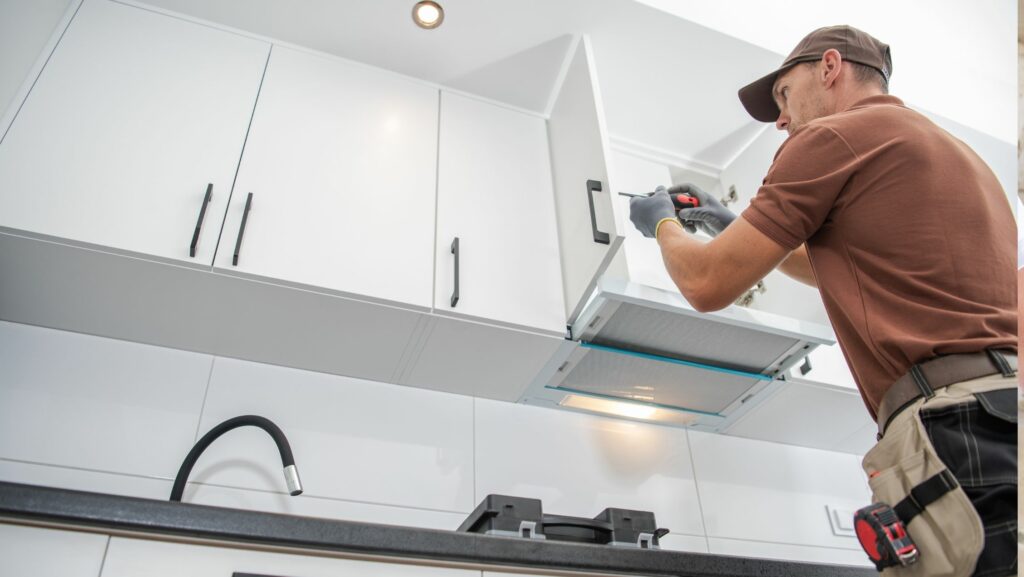In the bustling world of home improvement, New Jersey stands as a beacon of regulation and quality control. Any contractor looking to make their mark in this state must first secure a NJ home improvement contractor license. This isn’t just a piece of paper – it’s a testament to their expertise, reliability, and dedication to quality workmanship.
Navigating the licensing process can be a challenging endeavor. However, with the right knowledge and resources, it becomes a manageable task. This article aims to shed light on the nuances of obtaining a NJ home improvement contractor license, helping professionals take the right steps towards establishing their credibility in the industry.
Stay tuned as we delve into the intricacies of the licensing process, offering valuable insights to help you navigate your path to becoming a licensed home improvement contractor in New Jersey.
NJ Home Improvement Contractor License
 A Home Improvement Contractor License serves as a mark of professional legitimacy. This certification, issued by a governing body, attests that a contractor possesses the required skills, knowledge, and ethical considerations to execute home improvement jobs competently. Taking it from a broader angle, this certification doesn’t merely manifest a person’s ability to handle tools or understand architectural diagrams; it’s a testament to their comprehensive understanding of today’s market demands, client expectations, and stringent safety protocols.
A Home Improvement Contractor License serves as a mark of professional legitimacy. This certification, issued by a governing body, attests that a contractor possesses the required skills, knowledge, and ethical considerations to execute home improvement jobs competently. Taking it from a broader angle, this certification doesn’t merely manifest a person’s ability to handle tools or understand architectural diagrams; it’s a testament to their comprehensive understanding of today’s market demands, client expectations, and stringent safety protocols.
In New Jersey, it’s mandatory for anyone undertaking a home improvement job worth $500 or more to possess a valid Home Improvement Contractor License. This mandate, enforced by the New Jersey Division of Consumer Affairs, aims at protecting consumers’ interests by ensuring they receive quality work from qualified professionals. It puts a significant deterrent against fraudulent operators and mitigates potential risks to homeowners. Meanwhile, for the professionals, it enhances their credibility in the industry, showcasing their commitment towards providing top-notch services within the ambit of the law.
Steps to Obtain a NJ Home Improvement Contractor License
 Fulfilling educational requirements stands as the first step in securing a NJ home improvement contractor license. Applicants must present proof of a high school diploma or equivalent. Specific degrees in fields like construction management, can further bolster an application, notwithstanding, this isn’t a mandatory prerequisite.
Fulfilling educational requirements stands as the first step in securing a NJ home improvement contractor license. Applicants must present proof of a high school diploma or equivalent. Specific degrees in fields like construction management, can further bolster an application, notwithstanding, this isn’t a mandatory prerequisite.
After educational verification, the next move involves submitting an application to the New Jersey Division of Consumer Affairs. The application must encompass all requested details regarding the applicant’s background, credentials, and experience. Alongside the application, an initial license fee is demanded, which, as of 2022, amounts to $110. Bear in mind, an annual renewal fee also applies, for maintaining the validity of the license.
Importance of Hiring a Licensed Contractor
 Obtaining a New Jersey home improvement contractor license does more than validate a contractor’s skills and knowledge. It brings myriad benefits, both practical and legal, to consumers and the professionals alike. Let’s delve deeper into the importance of these benefits and the necessity of legal requirements for contractors in New Jersey.
Obtaining a New Jersey home improvement contractor license does more than validate a contractor’s skills and knowledge. It brings myriad benefits, both practical and legal, to consumers and the professionals alike. Let’s delve deeper into the importance of these benefits and the necessity of legal requirements for contractors in New Jersey.
Hiring a licensed contractor can provide significant protection benefits for consumers. It ensures that the appointed individual or company adheres to the mandated state laws and building codes, hence providing a safety net to consumers against substandard or incomplete work. A licensed contractor operates under insurance and bonds. This safety feature becomes critical if accidents occur during the work process, as the consumer isn’t held financially liable.
Legal Requirements for Contractors
A New Jersey home improvement contractor license is a legal requirement for contractors undertaking home improvement jobs valued over $500. This licensing system aids in maintaining the integrity and standard of the home improvement industry.
The procedure for obtaining the license involves meeting specific educational requirements, submitting an application with the requisite fees to the Division of Consumer Affairs, and passing an examination. The exam tests applicants on their knowledge of home improvement work, safety procedures, and adherence to building codes.Meanwhile, for the professionals, it enhances their credibility in the industry, showcasing their commitment towards providing top-notch services within the ambit of the law.

